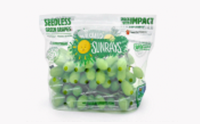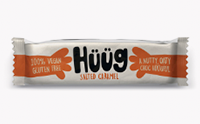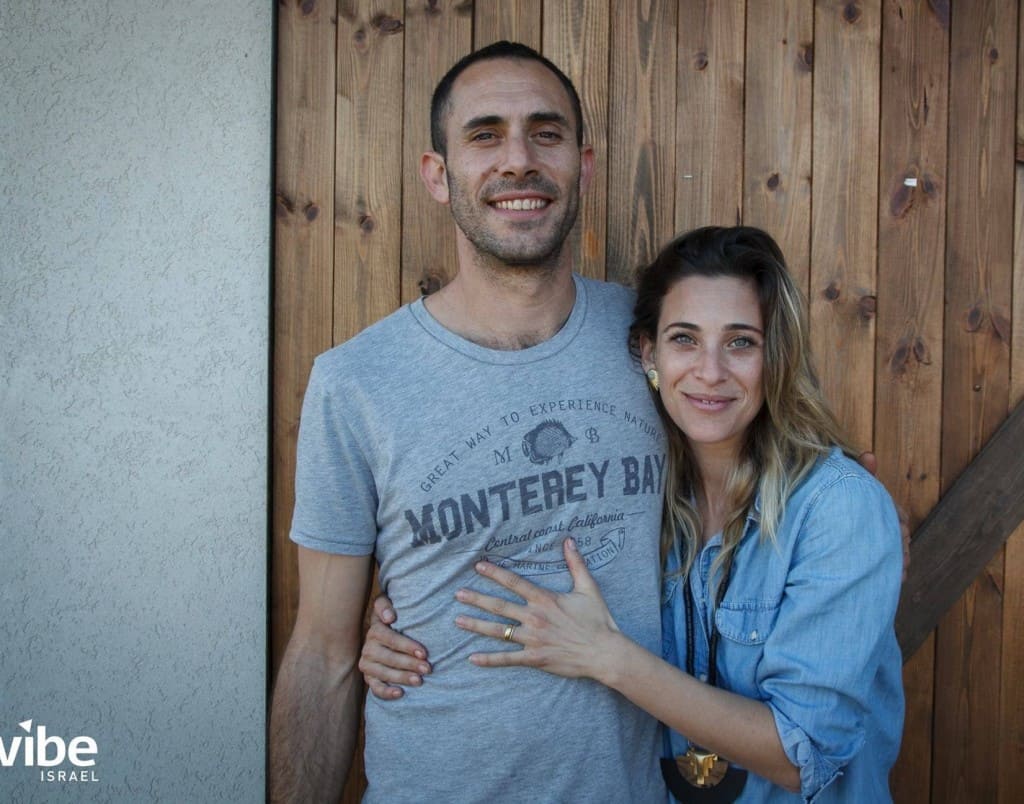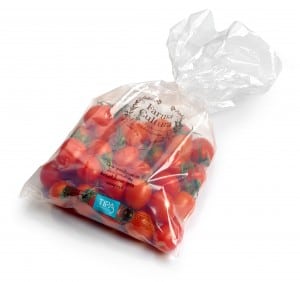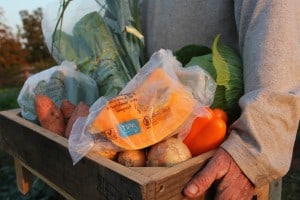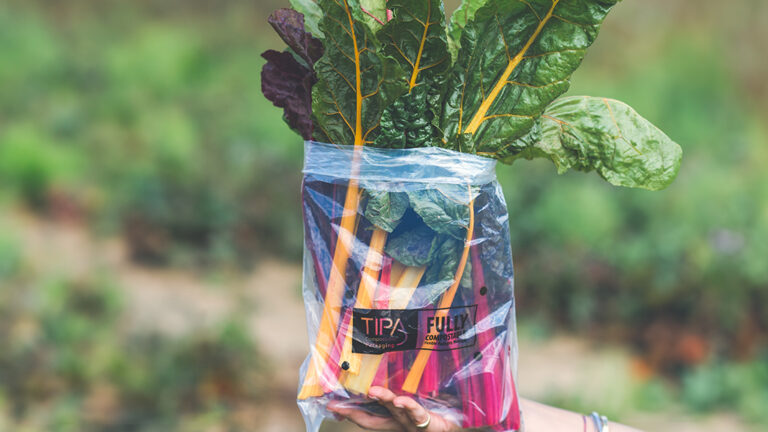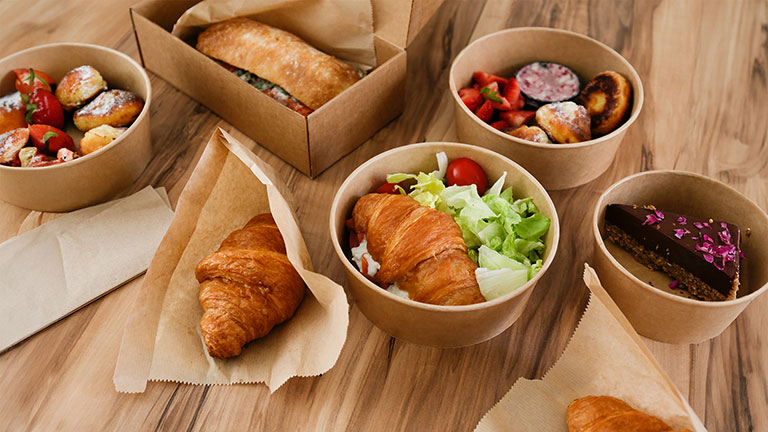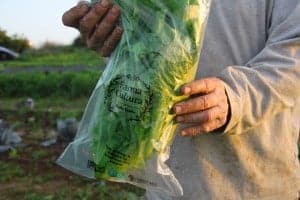
There is a certain synerg that happens when one has a meeting of minds. When two people, or two organizations meet and find that they have the same agenda…
So it was when a local customer met Nadav Amit and his wife, Gill, the Tel Aviv couple who left the city with their first born to start a new life on an organic farm that they named “Farma Cultura.” That customer also happened to also be a Tipa employee, and as it says in the headline, when an organic farm meets a compostable package, synergy happens!
Collaboration with Tipa
Nadav wanted packaging for Farma Cutura’s produce and products that was as sustainable as the method of cultivation used on the farm. Having finally found a source of compostable cups for the farm’s smoothies, he had been looking for a supplier of compostable flexible packaging for their produce, and so was delighted when he discovered a sustainable packaging solution through one of his regular customers, who also happened to be a Tipa employee. Nadav’s search was over!
For Farma Cultura, the collaboration with Tipa makes for the perfect match between product and package. One could describe a “green thread” that runs through both the Farma Cultura and the Tipa value systems. A caring about the environment and a deep passion for sustainability – from the leadership of both, through to the employees.
With Tipa’s packaging Farma Cultura has the full functionality of “traditional” flexible packaging, but with the added benefit that after the packaging has served its purpose, it will be 100% compostable.
How Farma Cultura came to be
The story of how Farma Cultura came to be is so romantic that could almost begin with “Once upon a time…”
Nadav Amit and his wife Gill lived in Tel Aviv, and when their first born was about one-year-old, decided, as so many new parents do, that wanted to move out of the city. So they began looking at neighboring villages and it was during this search that they came upon an abandoned property – that had actually belonged to Gill’s grandfather. A man ahead of his time, Gill’s grandfather had in 1950 first spoken about organic methods of farming, but he passed away in 1987 without having acted on those dreams.
As Nadav and Gill wandered around the property they didn’t see the evidence of abandonment. Instead they looked at each other and realized that what they both wanted to do was to revive the property. In effect, to make the dream of Gill’s grandfather come true. According to Nadav, “Both heads decided! We’re going for it!”
Since then Nadav and Gill have built Farma Cultura into not only a place where food is grown, but also a place where family values can be nurtured to flourish alongside the produce that they cultivate organically. According to Nadav. “We want to do this as an inspiration. To show that it is possible. Let other people know that they can co-operate. Be an inspiration for anyone, anywhere in the world.”
When asked about his business philosophy, Nadav says, “The best way to achieve success is by not trying to be successful. Do what you love doing. Make other people believe in your dream.” He says he has a single word that describes this approach, “It’s called ‘Karma’. That’s what we’re aiming at.”
Like a full circle
The fruit and vegetables grown by Farma Cultura needed a package that would protect and display that product in all its bounty and glory, and then, when the packaging served its purpose, go back into nature and into the soil.
With Tipa’s compostable packaging, Farma Cultura found just that package. Call it serendipity or call it Karma that led to Farma Cultura’s meeting with Tipa, the result was the same. There was a meeting of minds which led to a sustainable solution. Like a full circle.
If you have any inquiries, you are welcome to fill out this form – we are happy to help you and your business!









